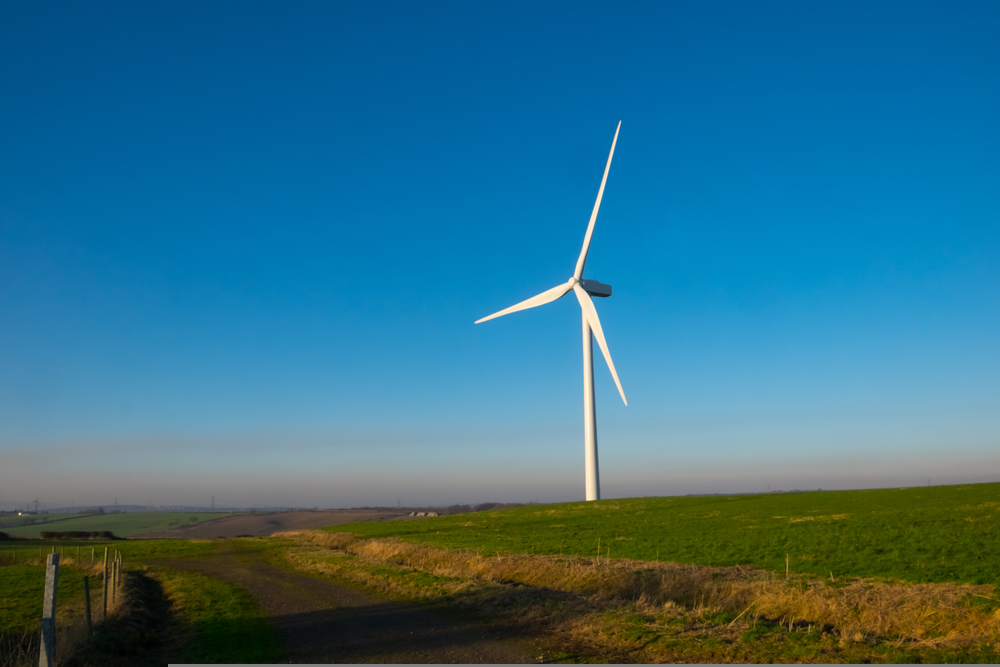A new report from the Energy and Climate Intelligent Unit, with analysis provided by CBI Economics and The Data City has shown the UK’s net zero economy grew by 9% in 2023, its total gross value standing at £74bn.
Net zero economic sectors include renewable energy, energy storage, green finance and recycling.
The analysis found that jobs in the decarbonisation economy are highly productive, generating £114,300 in economic activity, more than one and a half times the UK average of £72,550.
They are also better paid by almost £10,000, the average salary being £44,600 compared to the £35,400 UK average.
CBI chief economist Louise Hellem said: “The UK’s transition to net zero brings immense opportunities for our economy.
“Our report, together with the Energy and Climate Intelligence Unit, highlights how businesses are already seizing those prizes – creating jobs and attracting investment, while boosting our energy resilience.
“But we also know that there’s much work to be done to fulfil the UK’s potential, and accelerate our journey to net zero.”
Subscribe to Sustainability Beat for free
Sign up here to get the latest sustainability news sent straight to your inbox everyday
The analysis found that net zero businesses had received £279 million of public InnovateUK funding and £12.3bn of private investment during 2021-2022.
The year 2022 saw £1.5bn invested in the low emissions vehicle sector, more than for example, the biopharmaceutical sector (£1.4bn).
But the CBI noted that UK has fallen down the EY clean energy attractiveness index in the past year.
“Businesses continue to face difficult headwinds this year, leading many to pull back on investment plans,” added Hellem.
“Where firms can invest, they want to see greater clarity on a long-term plan for our energy transition – or we risk failure to reach our net zero targets and missing out on sustainable, productivity-led growth.”















